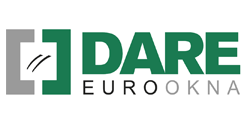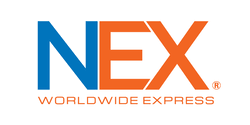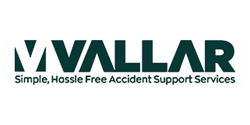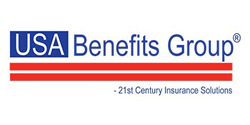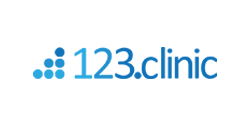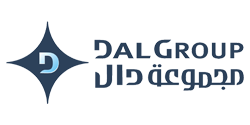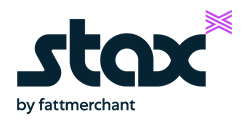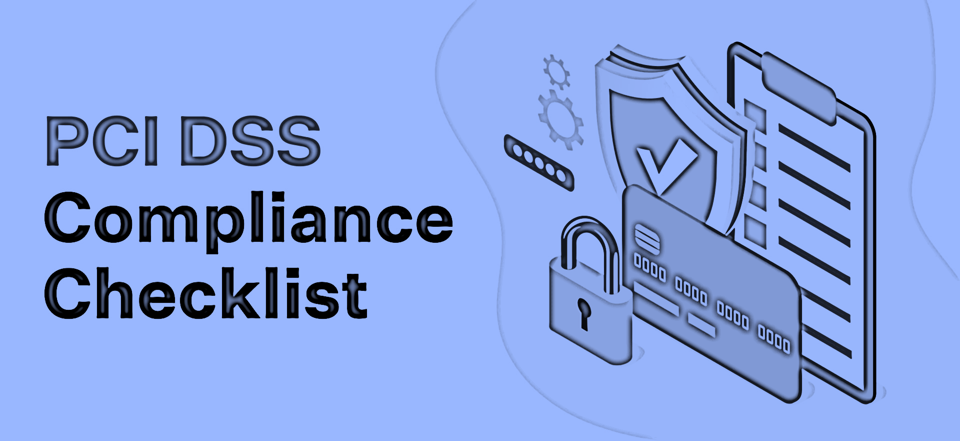How to Ensure PCI Compliance
Ensuring PCI compliance for an e-commerce site involves implementing a range of security measures to protect sensitive customer data. Achieving PCI compliance is not one-time activity but rather it is ongoing one. For compliance things need to be monitored and upgraded as the security threats changes, technology changes and new vulnerability areas come in light. Let us discuss various services and strategies that can be employed to make an e-commerce site PCI compliant.
- SSL Certificates: Secure Sockets Layer (SSL) certificates encrypt data transmitted between the user’s browser and the e-commerce site’s server, ensuring secure communication. Acquire and install SSL certificates for your website. This creates a secure connection, especially during the checkout process.
- Secure Hosting Providers: Choose a hosting provider that adheres to PCI compliance standards. Many reputable hosting services offer secure environments with features like firewalls, intrusion detection systems, and regular security audits. Select a hosting provider that explicitly supports PCI compliance and provides a secure infrastructure for your e-commerce platform.
- Firewalls: Implement a robust firewall to protect your e-commerce site from unauthorized access and potential cyber threats. Configure and maintain a firewall to monitor and control incoming and outgoing network traffic, ensuring that only authorized users and data have access.
- Regular Security Audits and Scans: Conduct regular security audits and vulnerability scans to identify and address potential weaknesses in your system. Utilize security scanning services that can identify vulnerabilities, such as insecure configurations, outdated software, and potential threats. Regularly update and patch software to address any discovered vulnerabilities.
- Data Encryption: Encrypt sensitive data, especially payment information, to protect it from unauthorized access. Use encryption protocols (such as TLS) to secure the transmission of data between the customer’s browser and your server. Ensure that stored data, especially credit card details, is also encrypted.
- Access Controls: Implement strict access controls to limit access to sensitive data only to authorized personnel. Utilize strong authentication mechanisms, role-based access controls, and least privilege principles to ensure that only necessary personnel have access to sensitive information.
- Tokenization: Tokenization replaces sensitive data, such as credit card numbers, with a unique identifier (token). This reduces the risk associated with storing and transmitting sensitive information. Integrate tokenization services into your payment processing system to replace sensitive data with tokens, reducing the scope of PCI compliance requirements.
- Security Policies and Employee Training: Establish and enforce security policies for your organization, including employee training to ensure awareness of security best practices. Develop comprehensive security policies, conduct regular training sessions for employees, and establish protocols for handling sensitive information securely.
- Incident Response Plan: Develop an incident response plan to address security incidents promptly and effectively. Have a clear plan in place for responding to security incidents, including communication strategies, investigation procedures, and steps for mitigating and preventing future incidents.
- Regular Compliance Assessments: Conduct regular assessments to ensure ongoing compliance with PCI DSS standards. Regularly assess your e-commerce site’s compliance status, conduct internal audits, and, if required, engage third-party assessors to validate and certify your compliance.
Conclusion
The list provided above is not a final list, there are more things that needs to be looked into while achieving PCI compliance. It’s crucial to note that achieving and maintaining PCI compliance is an ongoing process as the technology and compliance parameters keep on upgrading. E-commerce businesses should stay informed about updates to PCI DSS standards and continuously evaluate and improve their security measures to address evolving threats in the digital landscape. Engaging with experienced security professionals or consultants can also be valuable for ensuring comprehensive PCI compliance.



